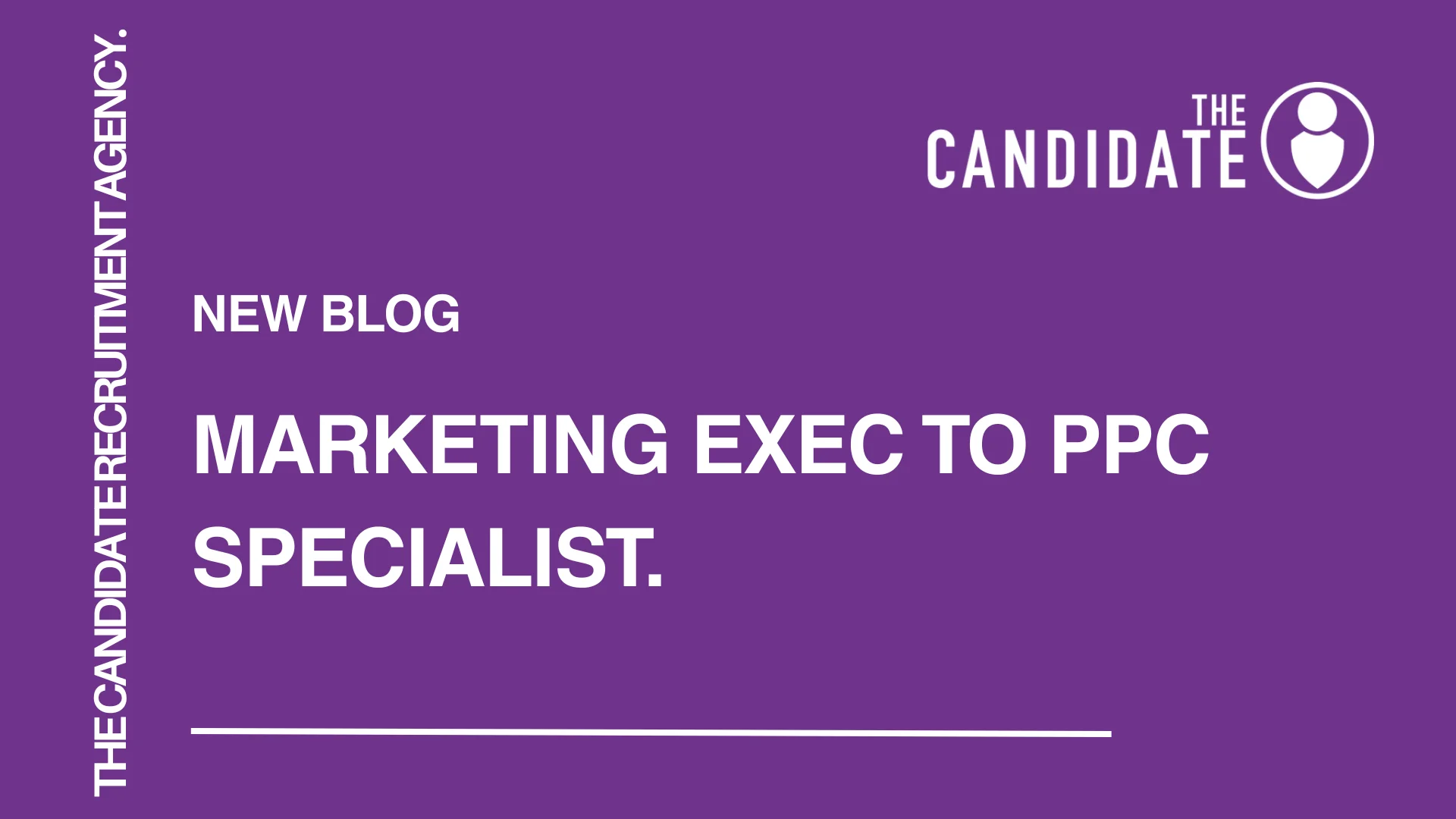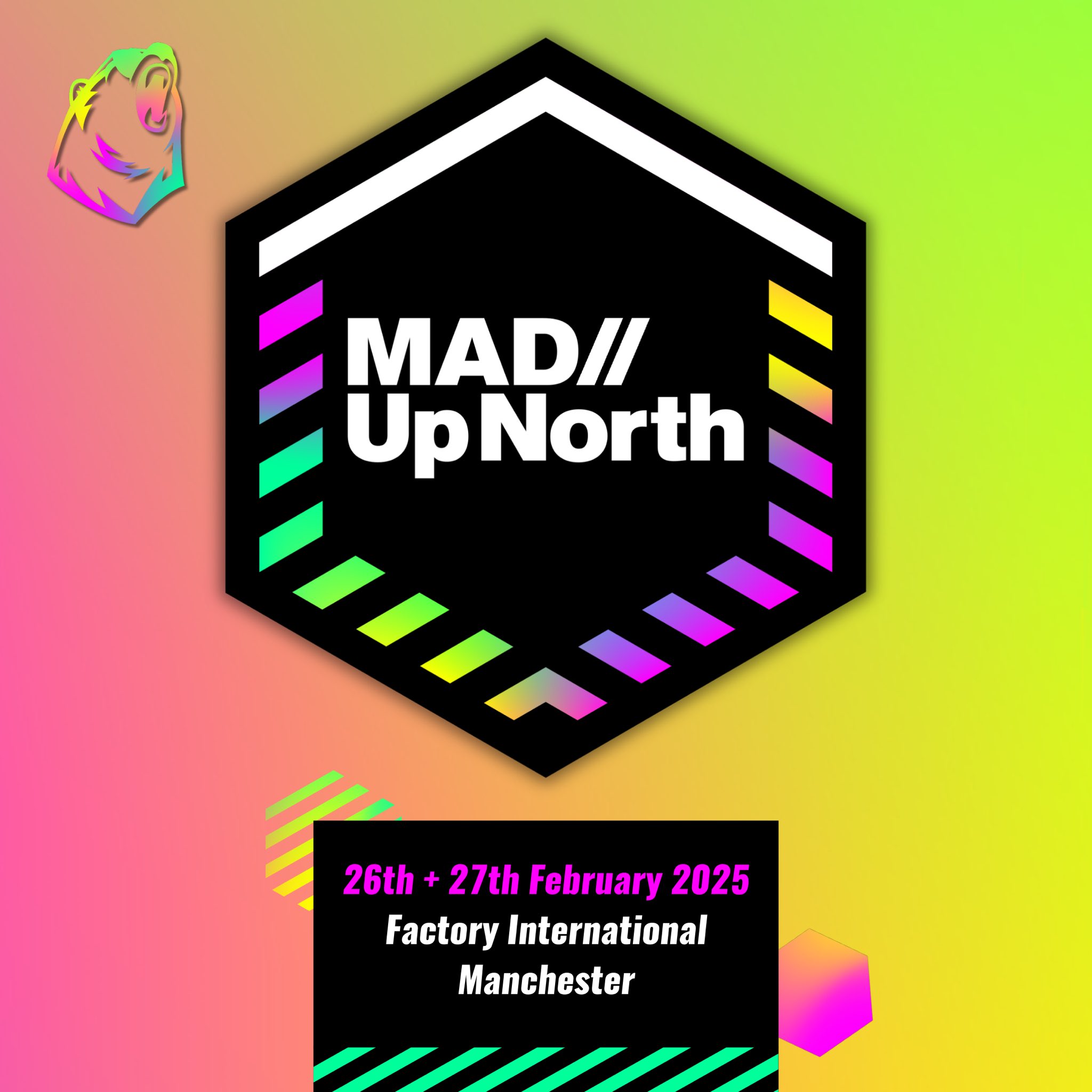
Lucy Sharp is a PR professional with over eleven years experience of working for both in-house PR departments and for leading UK PR agencies. In this blog Lucy gives PR job interview advice, CV advice for PR candidates and questions for a PR job interview. Covering her unsuccessful and more successful interviews over the years, read on for a fascinating insight into how to get your dream PR job from someone with experiences to learn from!
Lucy Sharpdream PR job"I am delighted to confirm you have an interview", the words that fill us all with joy…and a mixed dose of dread?
By this stage, depending on what stage you are in your career, you may have written a cover letter and submitted a CV for the role, or you may have gone one step further with a 'chemistry' phone call and perhaps even a couple of online tests (writing skills, personality, basic intelligence).
But this is make or break, right? The actual interview! More important than top grades, being popular with professors and students, the exams you sat that once meant so much to you, the degree you earned with so much effort…their worth all hangs in the balance of this moment in time.
After 11 years working in PR, I have attended A LOT of interviews, and if I told you my success rate was 98%, would this make me the expert in interviews? Not at all. I remember one rejection (it hurt), as a Senior PR Manager at Morrison's ironically, I was so sure I had it in the bag, but the truth was I simply wasn't the right fit for them and retrospectively they absolutely weren't the right fit for me!
Over the years' I've declined a number of offers, most for incredible brands, because over time I have learnt that finding the right fit is a two-way thing: that the employee needs to feel the brand is right for them, not just the employer who is hiring. Every company and every candidate is looking for something specific and instinct and experience goes a long way to getting it right.
What I can share, is what has worked for me. I now approach interviews filled with excitement for the challenges and the prospects that lie ahead. My most recent role at Amazon involved a mammoth 8 interviews (including a phone interview, face to face chemistry meet, writing test, before 6 back-to-back one hour interviews (including a video conference overseas) with different Directors. That was my most challenging and satisfying experience to date, but one that filled me with a great deal of pride and joy once the offer came through.
Starting with the absolute basics…
In advance of your interview:
Preparation CV / cover letter / Presentation:On the day of you interview:
Once you have these basics sorted, you're half way there!
It is likely you'll be meeting in the office environment where you'll be working. This is preferable, a coffee shop is too informal and distracting, and a bar is inappropriate. When you get to the office and are walked through to your meeting room, make an effort to take note of the environment around you.
When it comes to a potential offer, it is so important that you are comfortable with the atmosphere you'll be working in. Is the office buzzy? Do people look happy and engaged? Check out the technology and the facilities. Everything that you think is vital to a happy work life, because remember - you'll be spending more than half your life there! Intuition is key, make a mental note to ask your interviewer after the interview if anything is concerning you about the office space.
Don't be afraid to ask for a glass of water, it gives you a moment to relax and sit back and breathe! It is likely you'll be offered a drink anyway, always say yes to water!
You may be seated across a table from your interviewer, I recommend following the manners that you'd have for a Sunday lunch with the parents! Sit straight but try to relax, smile and keep shoulder back. Do not slump in your seat or cower under the table, you'll look unconfident or indifferent. Hands on your lap or on the table (just keep them still!) - and don't be afraid to gesticulate when making a point if this is your style of speaking.
You'll be asked a range of questions, you can never really know the extent or direction they will take, so go in knowing as much about the brand as you can, ensure your own background is accurate and try to answer every question the best that you can. If you don't know an answer, say you don't know! You learn on the job, what you need to say is - can I come back to you on this question after I have researched / that is really interesting and I don't know the answer, please can you explain so I understand for next time?
The obvious questions: why have you applied for the role, why would it be suited to you, what skills can you bring to the company, what sets you apart from other candidates, tell me about X, Y, Z job and how you managed X, Y, Z challenges.
The trickier questions: what do you think of the brand, what have you read about us recently, what do you think we could improve on, how have you dealt with a difficult client / colleague / manager in the past, what mistakes have you made in previous roles (focus on your learnings from errors, no one is perfect), what issues have you dealt with in previous roles, why are you looking to leave your current role. If you are asked a challenging question, don't be afraid to take a moment to think. You don't have to respond instantly. You can say: can I have a moment to think about that or can we revisit this question later on once I have absorbed it. Or if you don't understand the context say: can you just rephrase that question for me. There is no right or wrong answer and no shame in asking.
The interview is likely to include in depth questions about things you have achieved in the past that you are especially proud of, things you could have done better and ideas you might have for this role. This is your time to shine. Have examples of things you are proud of and how you achieved them, have examples of things you could have done better and why, and how you would ensure better results next time. Do not be afraid to admit to areas you are keen to improve on - showing humility and offering solutions is key. Anything you can say about the brand you are applying for that shows your preparation is ideal, a prospective employer wants to know that you really want the job and anything that sets you apart from other applicants is key. Talking about a news article you may have read about the brand recently, or something you think would add to the brand, creative ideas…anything that allows enthusiasm, proactivity and passion to shine through goes a long way.
Personally, I have always stayed true to one rule: be yourself and let your personality shine through. If you are a bubbly, smiley, passionate and infectious person, do not be afraid to show it. Being bubbly should not be mistaken for being unprofessional. I have always gone in to interviews with the mind-set - if they like me, they can like me for me. If you try to be someone you are not, you will ultimately be lying to yourself and your employer.
Other things I have found employers respond well to during interviews include:
Eye-contact, open body-language, sincerity, humility, confidence, listening, showing interest in the interviewer, communicating concisely and effectively, asking intelligent questions about the brand or field, answering honestly, showing knowledge of your field, answering with common-sense, not being afraid to challenge something you feel strongly about.
My big buzz word is passion! If someone is passionate, they are compelling and if someone is compelling, they get buy in. If an employer isn't moved by passion for their brand, then don't work for them!
This is a decent check list of skills to reference when talking about yourself:
Having a good work ethic, team-player, commitment to the role, conscientious, passionate, loyal, willing to go above and beyond, proactive, efficient, productive, willing to take critique, eager to learn and develop, happy to help in other areas when required, ability to lead, ability to manage up or manage down (depending on role).
N.B: you have to actually possess these qualities!
Going the extra mile:
Whether you are just out of Uni / applying for a junior role or an advanced senior candidate, really standing out amidst the sea of competitors can go a long way to bagging your dream job.
As a junior I would deliver my CV in person (as well as by email or post!) with something creative to make it stand out. Back then I think it was a tea bag attached with a paper-clip and a post-it note saying 'Willing to make tea', or for a beauty PR role, I sealed my envelope with a lipstick kiss, for a casino PR role, I delivered it with a poker chip…these are just little ideas for more junior roles. In the digital era, you can post a video or blog to your employee doing something wacky holding a sign saying 'hire me'!
Now, as a senior PR, I tend to be more strategic and think - what would the founder want? I look at what I could bring to the brand, and try to apply myself accordingly. My CV often gets me to interview stage, so I might instead turn up to the interview with a mini-strategy or a PowerPoint presentation, a little bit like a new business pitch, talking about my background, skills and my ideas for the role, of course customised and specific for the brand. For Amazon, I did a special pack for each of my interviewees with an 'A-Z' of my skills (to sync with the Amazon logo), a focus group that I undertook in the lead up to the interview with friends (opinions of the brand both positive and negative) and a presentation which included my bold bets and strategic ideas, ready to apply if I was offered the role.
Whatever your level and whatever your feelings about interviews, take every single one as a valuable lesson. There is no shame in failing, only in not trying. You win some, you lose some.
Your interview maybe the first of many or the last, but it is as much the candidate's opportunity as the employers. It is a mutual opportunity for an employer to sell their brand to you, and for the candidate to sell their 'own brand' to the employer. Over the years, the few jobs I regret accepting were those where I didn't ask enough about the work culture or notice the environment at the interview stage because I was so eager to impress them.
Don't forget, you are the professional they are looking for, so act like it. Do not compromise unless you are 100% certain the company is right for you. There are always jobs for great applicants, so don't feel pressure to accept the first that comes your way unless you feel totally passionate and committed to making it work. GOOD LUCK!



